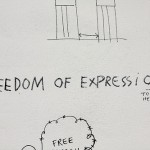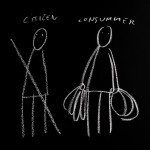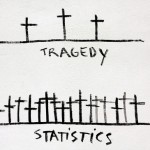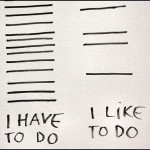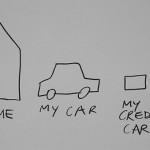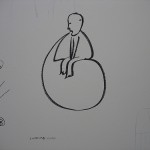Unlike many music critics and duped peers of mine born between the years of 1980-1988, I never compare contemporary singers to Bob Dylan. Not because he is such an amazing talent (which he is), and not because I’m an incredibly huge fan (I’m not a particularly well-schooled Dylan fan); I just know to put him in context.
The widespread thought is that he created such incredible music in a time that is glorified and romanticized as though he were a prince during a lurid American fairytale that was the sixties. This falsehood is the product of my peers creating such visions from select scenes in films like “Forrest Gump.”
Here’s the sad truth, many singer-songwriters like Conor Oberst and Mason Jennings are continually likened to Bob Dylan. This seems perfectly acceptable to nearly everyone around me, but shouldn’t be. Nobody goes around saying John Mayer is “our generation’s” Jimi Hendrix, or that Kevin Smith is “our” Mel Brooks.
The point is that neither Mason Jennings, Conor Oberst, or anyone of my generation has been that crucial, critical “voice” of so many displaced youth and intellectuals as Bob Dylan was for his generation.
There are many reasons why this is so, radio, video, Internet, etc. have changed the game entirely, and talent doesn’t “rise to the top” the way it used to.
Who could be chosen as that “critical” voice of my generation, America’s youth born between 1980-1988, generation “D” or whatever the hell the advertisers want to call us? To point out, Kurt Cobain was heralded as “Generation X’s” spokesman and us kiddos were born a little too late for that wave, unless you believe that Cobain had us fourth graders in mind when singing “Rape Me.”
You can make an argument for Isaac Brock’s discography from 1996-2004. That includes the albums “This is a Long Drive…” through “Good News…” Another good guess would be Jeff Tweedy, whose albums have much more in common with Dylan’s records than the contemporary pop darlings compared to him. There are certainly other cases that could be made.
The final and most important point is that Bob Dylan was much more than an acoustic guitar paired with a raspy, confidently-quavering voice, and a harmonica. In a time that businesses and corporations fight any valid artistic expression that calls for change and evaluation of our culture and society, nobody can be likened to Bob Dylan. Dylan’s “hits” were rubbing elbows with Sam Cooke’s powerful “A Change is Gonna Come,” Oberst is lucky to rub elbows with Amy Winehouse’s “Rehab.”
It’s a different era, it’s a different industry, we’re a different society, and our great talents are buried beneath megatons of schloky bullshit. Today, knowing about great artists in film, music, literature, and studio (painting, sculpture, installation, etc) is more of a status symbol than a unifying rally call for those opposed to the mindless majority complacent with mall culture and VH1.

